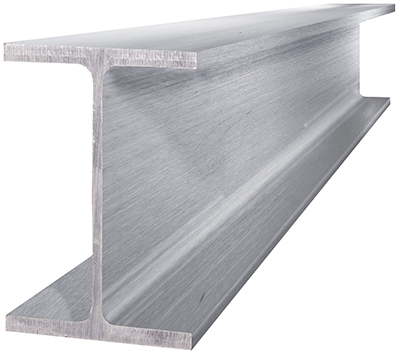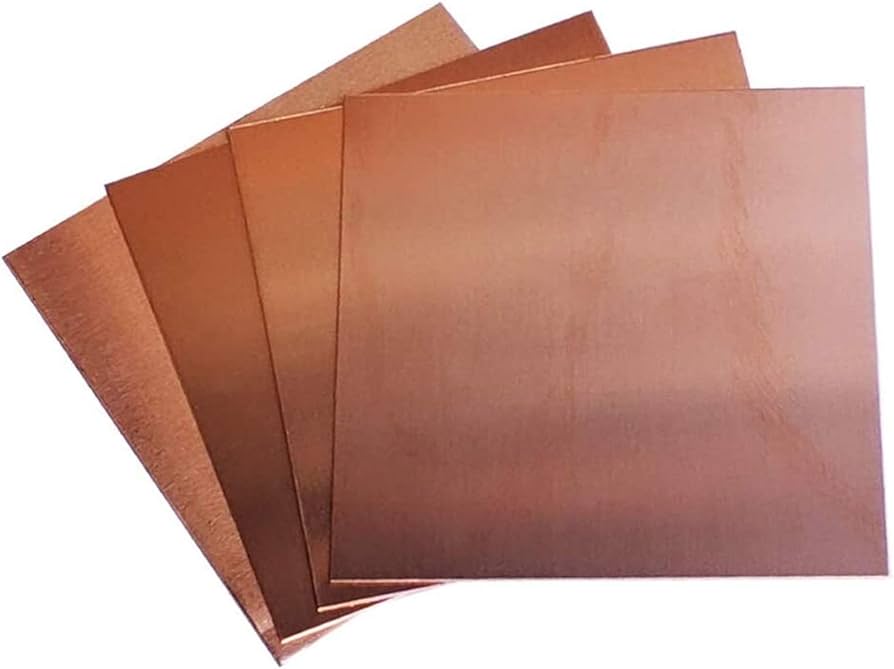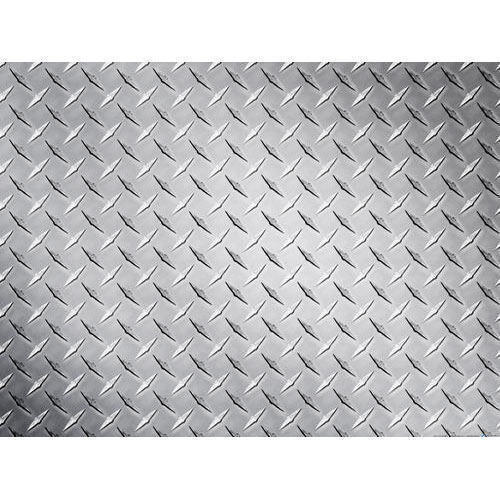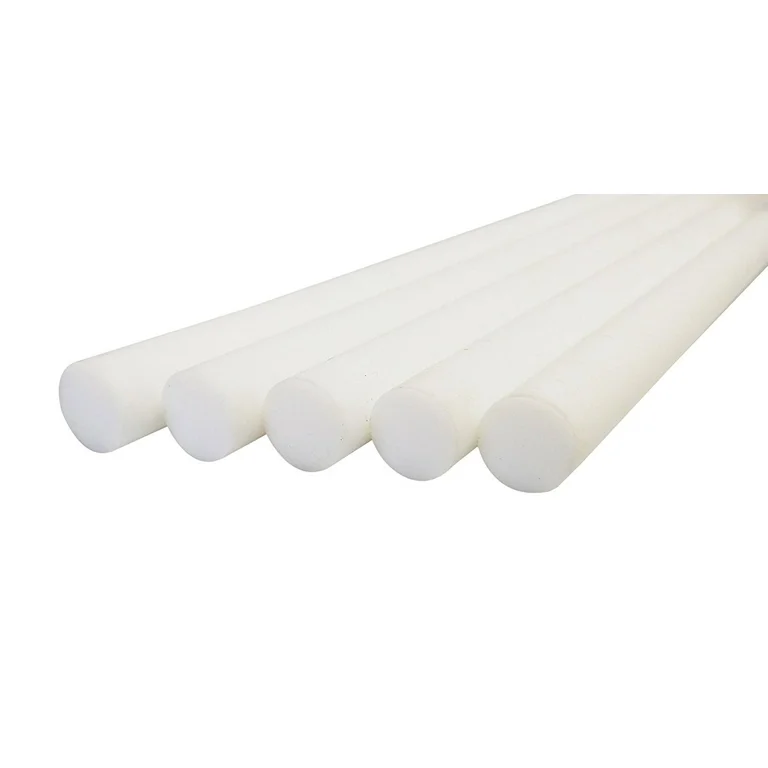Blog
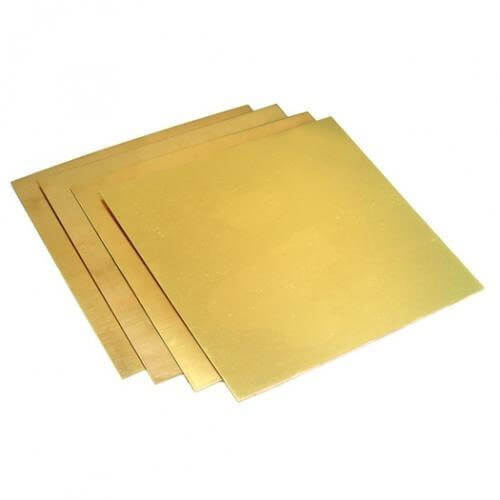
Choosing the Right Brass Sheet Thickness for Metalworking
Selecting appropriate brass sheet thickness significantly impacts project success in the UAE’s metalworking sector. The material thickness affects workability, strength, and final product performance across diverse applications.
Standard Thickness Options in UAE Markets
Local suppliers offer brass sheets in standardized thickness ranges from 0.5 mm to 12 mm. Common stock sizes accommodate typical architectural and industrial requirements while maintaining reasonable inventory costs.
Architectural Applications and Thickness Requirements
Decorative brass sheet applications in UAE architecture typically utilize thinner gauges between 0.5 mm and 2 mm. Ornamental details, wall cladding, and trim work benefit from a lighter material that maintains visual appeal while reducing structural loads.
Industrial Processing Considerations
Manufacturing processes influence brass sheet thickness selection. Forming operations require careful material specification to prevent tearing or excessive springback. Proper thickness selection supports efficient production while maintaining product quality.
Structural Load Requirements
Load-bearing applications demand appropriate brass sheet thickness to ensure adequate strength. Engineering calculations determine minimum thickness requirements based on applied loads and support conditions. Safety factors influence final material specifications.
Cost Optimization Strategies
Material costs drive brass sheet selection decisions. Minimizing thickness while maintaining performance requirements helps control project expenses. Value engineering identifies opportunities for thickness optimization without compromising quality.
Temperature Impact Analysis
UAE’s climate affects brass sheet performance. Thermal expansion characteristics vary with material thickness. Proper specification accounts for temperature-related movement in exposed applications.
Corrosion Resistance Factors
Coastal environments in the UAE impact brass sheet durability. The material thickness affects long-term corrosion resistance. Additional thickness allowance may be required for extended service life in aggressive environments.
Fabrication Method Compatibility
Different fabrication techniques require specific brass sheet thickness ranges. Welding, brazing, and mechanical joining methods each present unique material requirements. Processing capabilities guide appropriate thickness selection.
Quality Control Parameters
The material thickness affects brass sheet quality control procedures. Measurement techniques and tolerance requirements vary with nominal thickness. Quality systems ensure that supplied material meets project specifications.
Surface Finish Requirements
Final appearance objectives influence brass sheet thickness selection. Surface finishing processes may reduce material thickness. The initial specification must account for material removal during finishing operations.
Transportation and Handling Issues
Material handling capabilities affect practical brass sheet thickness limits. Sheet size and weight restrictions impact transportation and installation methods. Logistical considerations influence thickness selection in large projects.
Maintenance Implications
Long-term maintenance needs affect brass sheet specification. Cleaning methods and repair procedures vary with material thickness. Maintenance requirements factor into initial thickness selection decisions.
Conclusion
Making informed brass sheet thickness selections requires consideration of multiple factors. Professional guidance helps optimize material specifications for specific applications. Proper thickness selection supports successful project outcomes while controlling costs effectively.
copyright © Hussain Aluminium Co L.L.C. All Rights Reserved.

